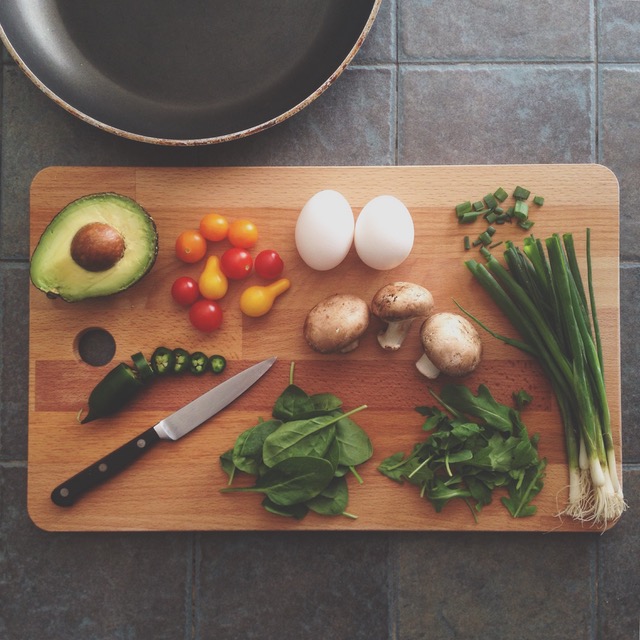
Why Eating A Vegetarian Diet Won’t Reduce Your Risk Of Breast Cancer
Is there a special diet that can prevent breast cancer? The fact is that the studies that have looked at the connection between diet and breast cancer have mostly looked at individual foods rather than overall diets. For example, a high soy intake is associated with a lower risk of breast cancer. But when it comes to fruits, vegetables, meats, and fats, the results are inconclusive. Recently researchers published a study that took a different take on the issue. Instead of just evaluating certain foods, they took a look at the overall patterns like being a vegetarian. Here’s what they did.
The researchers questioned 50,404 women as to what foods they ate. Depending on their answers they put them classifications as follows
Vegan — Intake of egg, dairy or meat products is less than once per month.
Lacto-ovo-vegetarian — Intake of fish, poultry, and red meats was less than once per month and their. intake of eggs or dairy products was more than or equal to once per month.
Pesco-vegetarian — Intake of fish was more than once a month, while red meats and poultry were. consumed less than once per month, but no constraints on dairy products or eggs.
Semi-vegetarian — Intake of red meats, poultry, or fish was more than or equal to once per month, but less than once per week.
Non-vegetarian — Intake of red meat, poultry, or fish was more than or equal to once per week.
The group turned out to have 26,193 women classified as vegetarians. This included the sum of all the categories mentioned. The number of non-vegetarians was 24,211. The vegetarian group had 478 cases of breast cancer. The non-vegetarians had 414 cases.
Even though the cancer rate was less in the non-vegetarian group, the difference was so small as to be statistically non-significant. The authors concluded that, “As compared with non-vegetarians, all vegetarians combined did not have a significantly lower risk.”
When they looked at the various subcategories of vegetarians, such as vegans, lacto-ovo, and pesco-vegetarians, they still did not find a statistically significant difference between any of the vegetarian groups and the non-vegetarian group.
There are some good things about this study…Instead of asking the women if they were vegetarian or not, they determined the categories based upon what they actually ate. This makes the study much more accurate. Secondly, the study group was very large and they followed them for five years. This gave them enough data to have statistical significance. And I think it underlines a really important point.
Vegetarian diets, including vegan, are often promoted as being a much healthier way to eat than a non-vegetarian omnivore diet. But, as this study shows, that’s not necessarily true. But why?
One big reason is that vegetarian diets usually include more carbohydrates than regular diets. Other studies have shown that the more carbohydrates that are in the diet the greater the statistical risk of breast cancer.
So if you want to avoid breast cancer (and many other cancers), focus on cutting your carbohydrate intake, not your meat intake.
Yours for better health,
Dr. Jack Belitz, DC
PS When you realize that Cancer is a few bad cells that started having baby cells, you can understand how important it is that your body be able to detect these bad cells early and destroy them. The best way to fight cancer is to avoid getting it in the first place and having a nervous system that is running at it’s peak potential is one of the best places to start. If this is a concern for you, please call 402-333-4848 and we will provide you with a computerized exam of your nervous system for only $5.00. This is a savings of $240 but you must mention this newsletter when you make the call.
Recent Comments